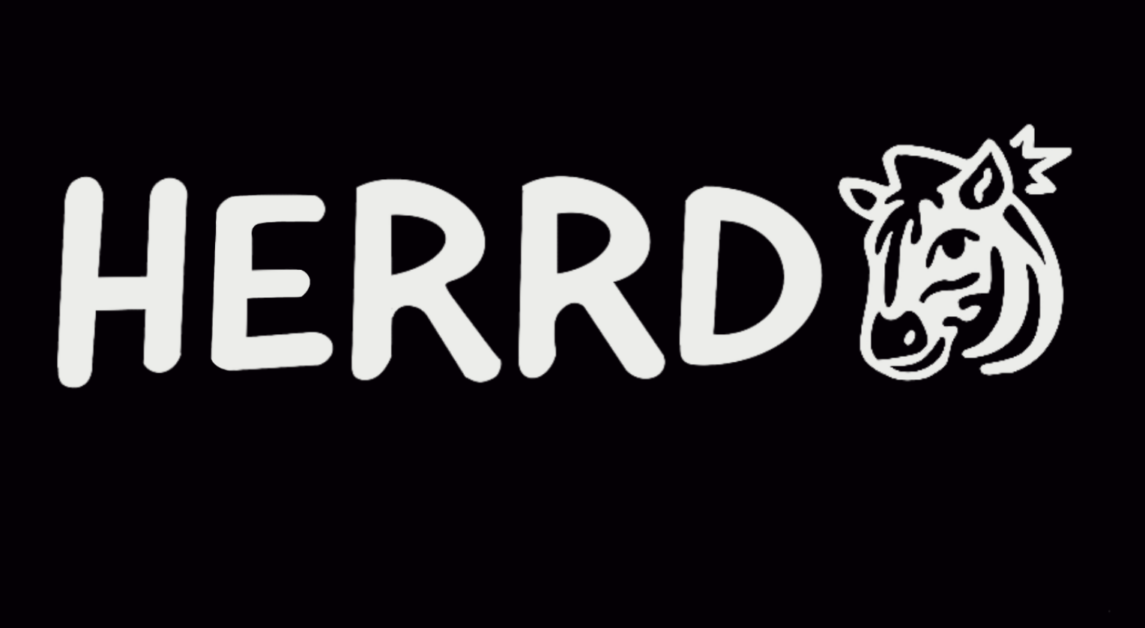“The Herrd co-creators, Isaiah and Carter, that’s who we met with,” Kotzen, MCAS ’24, said. “They told us that there were already student ambassadors on the app, so this is definitely not something new, but they were just interested in if UGBC would be willing to promote that idea.”
UGBC sent an email to students on Oct. 24 citing this meeting and stating that Herrd is now looking for more student ambassadors to ensure the app is safe and welcoming to all students.
According to Kotzen, there are currently 10 student ambassadors on Herrd, all of whom have the ability to delete a post and suspend users. Student ambassadors, however, are not privy to users’ personal information, Kotzen said.
“I think that’s the whole predicament,” Kotzen said. “Students are scared that their names will be known by other student leaders, and I don’t think that’s the case,” Kotzen said.
Two specific instances where anonymous posts on the app targeted students with disabilities led to the reevaluation of the app’s reporting process, Kotzen said.
“The first incident was about a student in a wheelchair, and the individual described being in a handicapped stall and seeing someone in a wheelchair outside of the stall,” Kotzen said. “[The individual] said, ‘Their legs aren’t gonna get tired, so what’s the point of giving up a stall?’”
According to Kotzen, another Herrd user made statements harassing individuals with visual impairments.
“There was another incident talking about an individual with a visual impairment and having a service dog, saying that they love seeing people like this because they can go up and do whatever they want with the dog,” Kotzen said. “It’s weird, it’s very strange to admit publicly on a platform like this to doing these things.”
Students with disabilities are an underrepresented group on campus, which results in harmful posts attacking specific individuals, according to Kotzen.
“When it’s such an underrepresented group on campus, it turns into a threat of safety,” said Kotzen. “It’s something that I, as a CSD policy coordinator, hate to see and in general, as a person, hate to see.”
Herrd administrators posted a reminder on Nov. 13 condemning bias-related posts and targeting specific individuals on the app.
“We understand that certain targeted posts are meant to shed light on situations or incidents around campus, but continuous slandering of students’ names is not the most effective way to deal with these situations,” the post reads.
Administrators also urged students to use BC’s reporting resources, not Herrd, to handle bias-related incidents.
“When incidents [occur], please use BC’s Bias-Related Incident Report Form to effectively take action,” the post reads.
Kotzen said anonymity on Herrd is a cornerstone of the platform, allowing students to safely share posts connecting them to what is happening on campus. This feature, however, can lead to hateful posts targeting specific groups, according to Kotzen.
“There are bias-motivated incidents on Herrd that get overlooked, and there have been for over a year now, so this is nothing really new, which is really sad to say,” Kotzen said. “It’s very disheartening.”
Hate speech is possible on all social media platforms, but creating stronger guidelines on Herrd could make it safe and welcoming for all users, according to UGBC President Lubens Benjamin.
“I think that with any social media app there’s a possibility of any sort of hate speech or discrimination that could happen on the app,” Benjamin, CSOM ’23, said. “So I think [the question is] ‘How do they create better guidelines that help shape the community they want to see?’”
According to Kotzen, reporting a post on Herrd is an unclear process. Users cannot specify why they are reporting a post, and there is no follow-up once you report something on the app, he said.
“Right now, it says, ‘Report post? This post will be reviewed by the Herrd team as soon as possible,’ and then it just says ‘report,’” Kotzen said. “But we propose the fact that you can have several options for reporting.”
Benjamin said UGBC and the University are brainstorming ways to monitor the app while preserving users’ anonymity.
“It’s a strange place because it is a social media app,” said Benjamin. “And I think it’s true that you don’t really want Boston College to monitor your social media, but it’s a social media platform that’s very closely tied to BC and BC culture, and so it puts us in a weird position.”
Kotzen said while UGBC cannot fix issues with BC’s culture, it can fix problems with Herrd.
“While we can’t fix the [BC] culture, right, that’s a student thing … we can fix how posts are reported,” Kotzen said.













